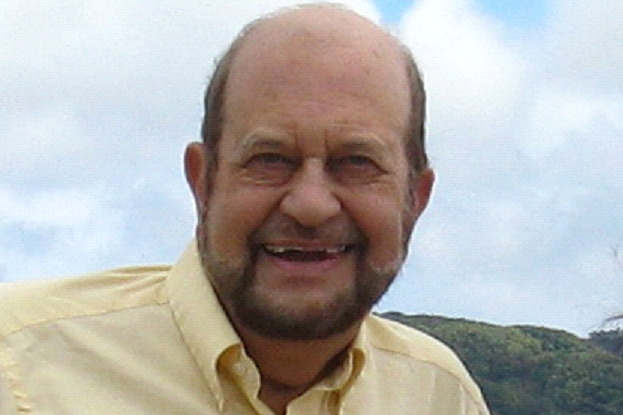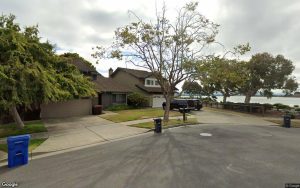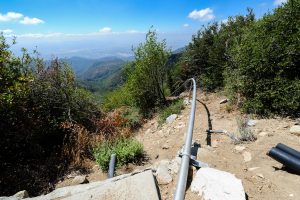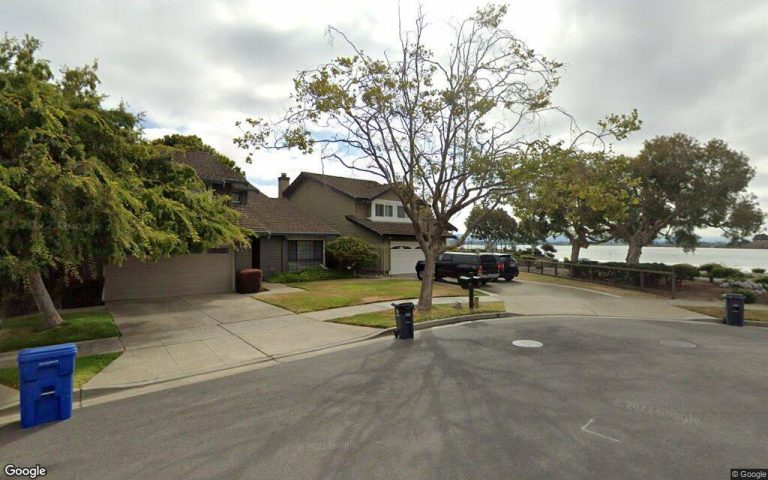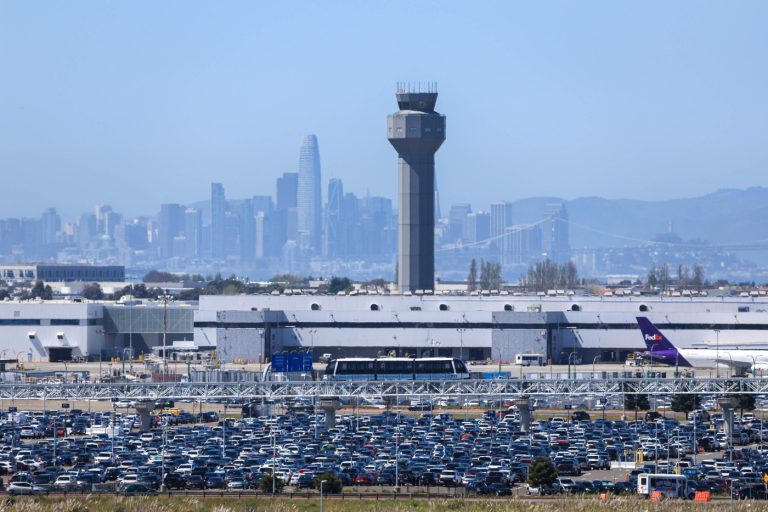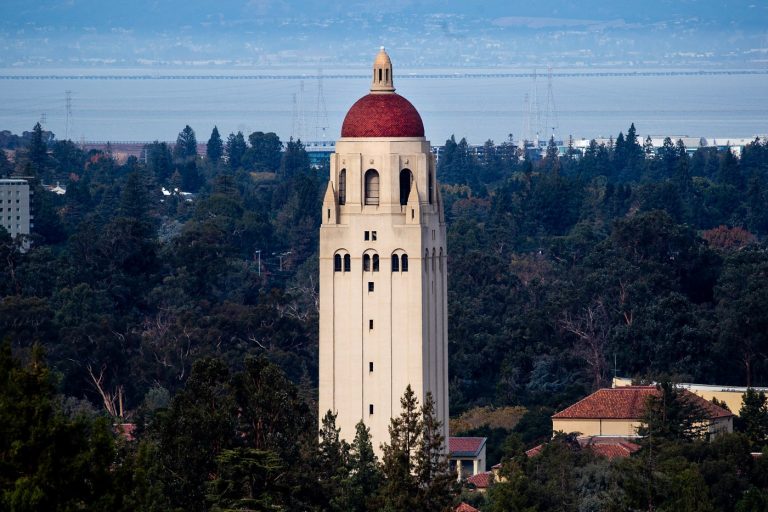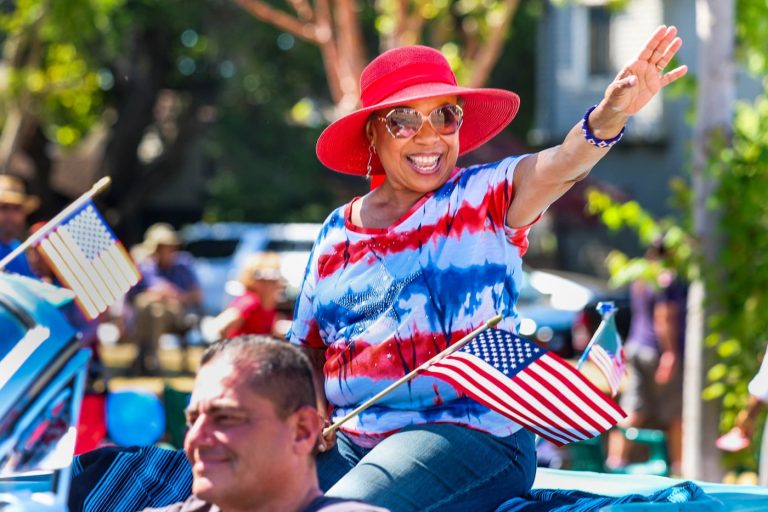Summer has been relatively quiet on the 10 campuses of the University of California. But with wars raging around Israel likely to continue into the foreseeable future, today’s tranquility probably won’t last far beyond the opening of the fall term, which quickly approaches.
Related Articles
Elias: After 52 years, California matters again in presidential politics
Elias: Trump a victim of gun policies, rhetoric he has supported
Elias: California wildfire smoke’s fatal effects raise liability questions
This is partly because the UC Board of Regents, with authority over the state’s most elite bastions of public education, has yet to adopt rules governing antisemitism. So hate speech and actions against Jews still figure to be tolerated when that would never fly if the targets were Blacks, Muslims or Asian-Americans, to name just three other minorities with substantial presence at UC.
Under prodding from legislators, many UC officials now indicate they won’t tolerate encampments this fall and beyond. But they set no limits or penalties on things like hate speech and vandalism.
Meanwhile, since 2016, the regents have nominally maintained a “no antisemitism” policy. Yet, student groups at the UC Berkeley Law School that banned most Jews from speaking at their meetings have neither been penalized, nor even chastised. Most students who blocked Jewish classmates from some academic buildings last spring at UCLA and Berkeley will also return, as if they did no wrong.
Students who shouted “No Jews in here” while taking over Dodd Hall at UCLA, home to classes in social and political science, also saw few or no repercussions for their loud antisemitism. Together, encampments and protests cost the UC system $29 million during the last school year. Perpetrators won’t be dunned for this.
There has also been no action against faculty and department heads who placed or allowed political and bigoted statements onto many UC websites.
At least the regents in mid-July partially banned this practice, though. One flagrant example that now might not be repeated was the handiwork of the ethnic studies department at UC Santa Cruz, where statements backing Hamas actions including murder, rape and mutilation of scores of Israeli Jews stayed on the departmental site for months. The site approved Hamas hostage taking, too.
These messages were never official university policy, but readers could have been excused for thinking they were. This contrasted starkly with New York’s Columbia University, which demoted three deans who texted one another with age-old antisemitic tropes.
The regents dithered for months before acting on any of this. They still have not voted on a proposed policy forbidding hateful behavior and rhetoric.
No one doubts the bigoted statements and the on-campus cries of “Gas the Jews” would have drawn swift punishment if aimed at other minorities.
The current policy bans any more official-looking political and bigoted statements on departmental home pages, even though no one has spelled out punishments if they reappear.
The new policy still allows political and some other opinionated statements on department websites, just not on their homepages. Such material remains OK on other taxpayer-funded pages, but must carry disclaimers stating they represent neither any campus stance nor the UC system.
Of course, California State University, where websites at campuses like Northridge and San Francisco, among others, sometimes carry similar messages — starting long before the Hamas sadism of last Oct. 7 — has no such policy. Perhaps Cal State has awaited action by the regents before moving.
Whatever policies have been or will be adopted, chancellors of individual UC campuses and presidents of each Cal State would have to enforce them.
But their performances over the last year indicate most will be reluctant, even resistant, to enforce the new restrictions for fear of alienating some faculty and risking censure votes by academic senates at individual campuses. With so many professors joining and sometimes leading the antisemitic, pro-Hamas protests of the last year, it’s easy to see why campus chiefs did not act quickly.
Campus bosses are always reluctant to penalize their onetime faculty peers.
Contrast this behavior with reactions to sexual harassment by sports coaches and other staff, where even hints of sexism quickly draw reprimands and/or firings.
The bottom line: The entire scene makes it highly unlikely the new school year will look very different from the last one.
Email Thomas Elias at tdelias@aol.com, and read more of his columns online at californiafocus.net.
